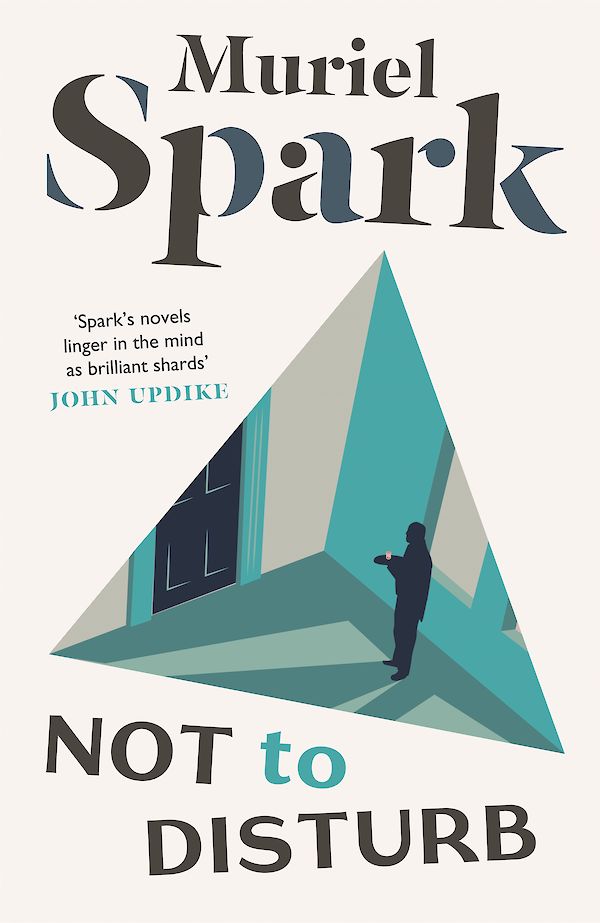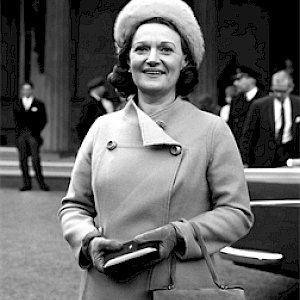Not to Disturb
Muriel Spark
Muriel Spark’s story of a twisted murder plot in a Geneva mansion displays Europe’s influence on her razor-sharp satire and sparkling prose
Behind the high walls of a mansion in Geneva a night of sinister revelry is about to begin …In the staff quarters, the servants led by the cool, unflappable butler are preparing for the downfall of the Baron and Baroness. Meanwhile in the attic, the Baron’s invalid brother awaits his fate as an unwitting pawn in their devious plans. And in the library, the Baron, the Baroness and their young handsome secretary are locked in a mysterious, heated discussion. As the macabre scenario plays itself out, a world of grim humour and gruesome possibilities unfolds …
“My admiration for Spark’s contribution to world literature knows no bounds. She was peerless, sparkling, inventive and intelligent - the crème de la crème”
Ian Rankin
See more reviews
“Muriel Spark’s novels linger in the mind as brilliant shards, decisive as a smashed glass is decisive”
John Updike
new Yorker
“The care with which she uses words is matched by a gloriously carefree attitude. It’s all part of her sanity, her breezy authorial self-confidence; and because of this I think that reading a blast of her prose every morning is a far more restorative way to start a day than a shot of espresso”
daily Telegraph
“A wholly original presence in modern literature”
Andrew Motion
“A profoundly serious comic writer whose wit advances, never undermines or diminishes, her ideas”
new York Times Book Review
Muriel Spark
Muriel Spark, DBE, C.Litt., was born in Edinburgh in 1918 and educated in Scotland. A poet and novelist, she is most well known for The Prime of Miss Jean Brodie. She also wrote children’s books, radio plays, the comedy Doctors of Philosophy and biographies of nineteenth-century literary figures, including Mary Shelley and Emily Brontë. Muriel Spark has garnered international praise and many awards, including the David Cohen Prize for Literature, the Ingersoll T.S. Eliot Award, the James Tait Black Memorial Prize, the Boccaccio Prize for European Literature, the Gold Pen Award, the first Enlightenment Award and the Italia Prize for dramatic radio. She died in 2006.


